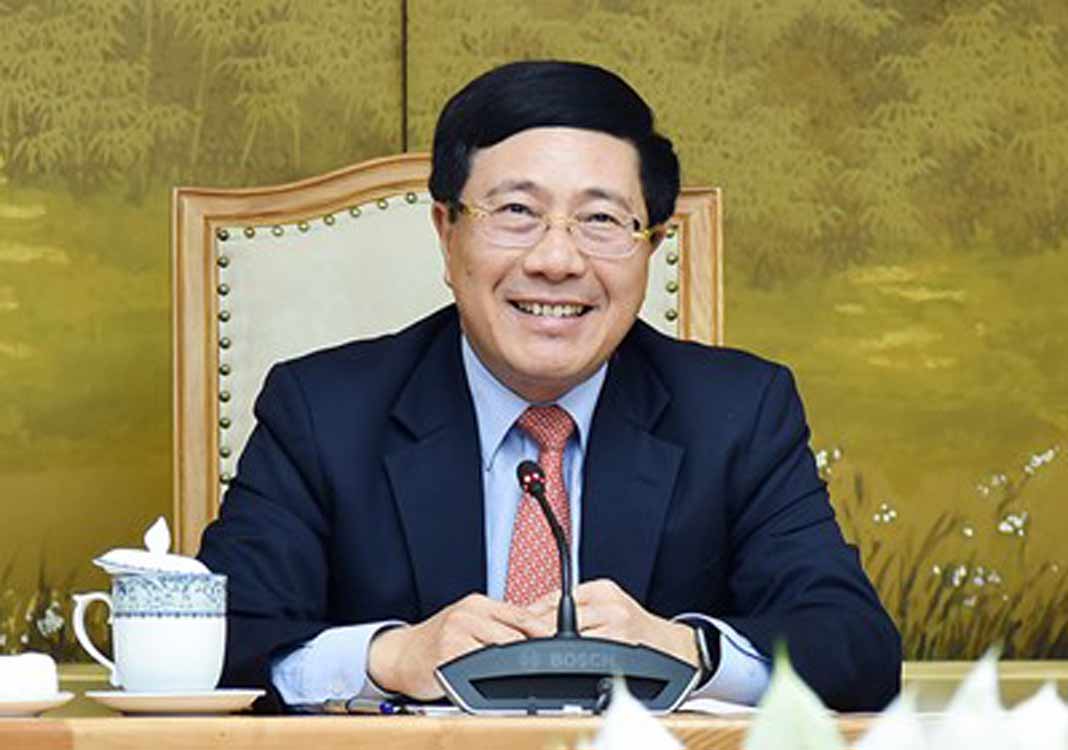HCMC – Prime Minister Pham Minh Chinh has signed a decision assigning tasks for himself and four deputy prime ministers, of whom Pham Binh Minh is picked as permanent deputy prime minister.
Under the decision, PM Chinh as leader of the Government manages all the activities under the jurisdiction of the Government. He also directs and manages the country’s socioeconomic development plans and strategies, financial, monetary, security, national defense and diplomacy strategies, personnel arrangement and administrative reform, the local media reported.
Permanent Deputy PM Pham Binh Minh is assigned to take charge of juridical reform, diplomacy, foreign affairs and official development assistance issues, preferential loan and aid mobilization and international integration. He is also responsible for supervising and directing negotiations and implementing international commitments as well as addressing international disputes and lawsuits.
He will also manage foreign direct investment activities, Vietnam’s overseas investment, the country’s relations with international organizations and regions, the border and East Sea-related issues, Vietnamese people in other countries, religions, ethnicity, crime prevention and control, smuggling and trade fraud.
Meanwhile, Deputy PM Le Minh Khai is in charge of supervising and operating the State budget, foreign reserves, the issuance of Government bonds, salaries and social insurance policies, the development of enterprises and cooperatives, State-owned enterprise reform, inspections, local lawsuits and anti-corruption.
Deputy PM Vu Duc Dam is assigned to direct the education and training sector, and science and technology, labor, employment and social affairs, communications, culture, tourism, sports, healthcare, population, family and children’s issues.
In addition, Deputy PM Le Van Thanh is responsible for directing the industry, agriculture and rural development, trade, construction, transport, natural resources and environment sectors. He is also tasked with managing the national, regional and provincial planning, energy use, national key projects, economic zones, industrial parks and export processing zones and natural disaster prevention and control.









